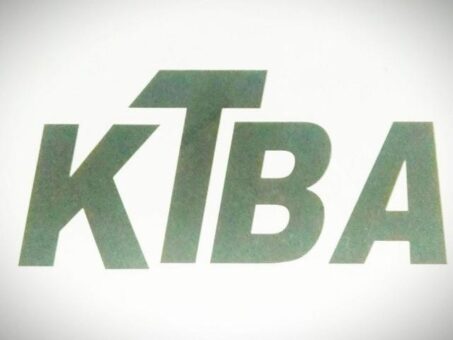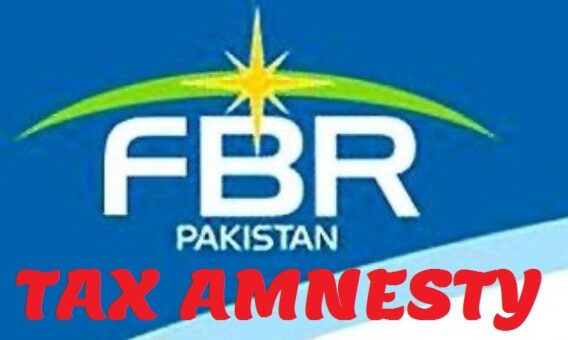KARACHI: Karachi Tax Bar Association (KTBA) has submitted proposal for making changes regarding recovery of sales tax on bad debts.
The KTBA in its proposals for budget 2022/2023 submitted to the Federal Board of Revenue (FBR) said that the Section 7 of Sales Tax Act, 1990 lays a timeline of 180 days to claim input tax on purchases and there is no provision to allow supplier reversal if corresponding receivable are not recovered and is written off.
READ MORE: Proposal for withholding on purchases from unregistered
Sales Tax is a consumption tax and it has to be neutral for the businesses. Therefore, as per best practices of VAT concept- based tax laws around the globe, supplier is allowed adjustment on account of irrecoverable sales tax in subsequent tax periods.
It is proposed that section 7 be amended to include a provision for allowing adjustment of irrecoverable sales tax paid against a valid tax invoice subject to appropriate conditions.
READ MORE: Zero rate sales tax suggested for public welfare services
It is likely to reduce the cost of business for the registered taxpayers.
Earlier, KTBA recommended amendments in withholding sales tax regime on purchases from unregistered taxpayers.
It said that the move was intended to increase the cost of doing business for unregistered taxpayers, which otherwise is counterproductive and has impacted the documented sector more adversely resulting in high cost of doing business for compliant taxpayers. On the other hand, no significant increase in registration has been witnessed as result of enhanced withholding rate.
READ MORE: Advance tax on individuals must be for Rs10mn turnover
It is proposed that either the withholding rate be reduced to 1% else tax withheld be allowed as admissible input tax to the registered taxpayers upon providing CNIC/ NTN of such unregistered suppliers so that FBR can trace those unregistered taxpayers and bring them into tax net.
It is likely to reduce the cost of doing business for the compliant registered taxpayers who are compelled to purchase their raw materials from the unregistered taxpayers owing to market practices.
READ MORE: Eliminating commissioner audit selection power sought







